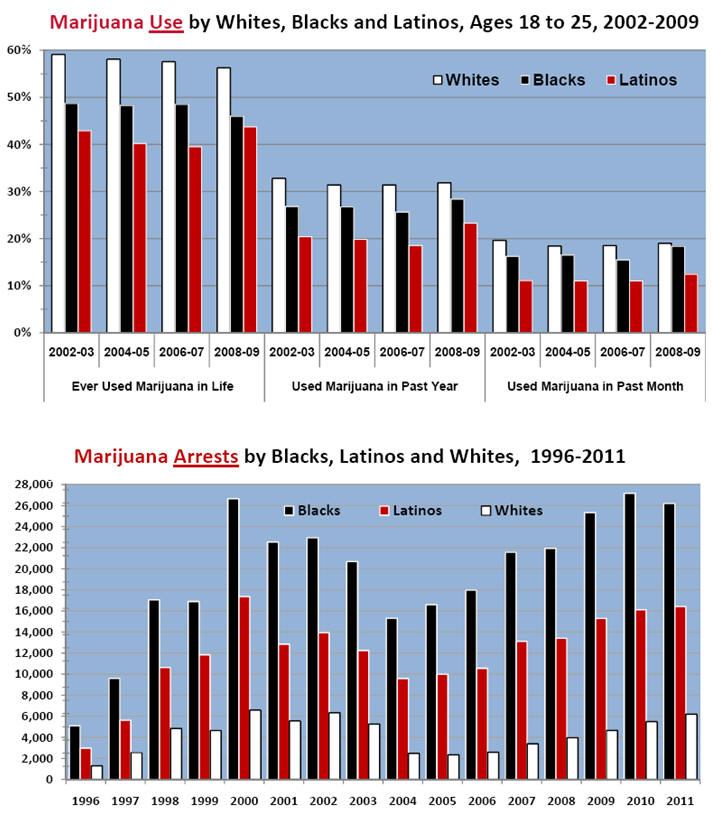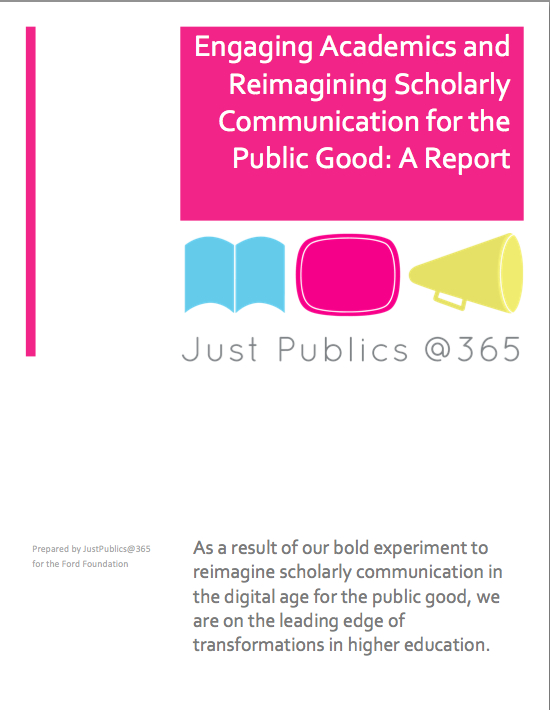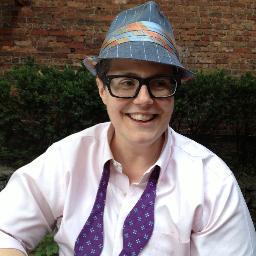Press Release, 11/14/2012.
Graduate Center’s (CUNY) Newly-Formed JustPublics@365 Receives Research Grant from the Ford Foundation to Address Social Inequality through Digital Media
Ambitious Program Will Link Work of Academics, Activists and Journalists to inform the public
New York, NY (November 14, 2012) – The Graduate Center of the City University of New York (GC) announced today that the Ford Foundation has provided a research grant to launch JustPublics@365, which will bring together journalists, academics, activists and policy advocates who are working to address social inequality through digital media.
“We’re delighted that the Ford Foundation shares our long-term vision for bringing academic research to bear on pressing problems of social justice,” said Graduate Center Provost Chase F. Robinson. “JustPublics@365 is an ambitious effort to maximize the influence of faculty research through the innovative use of a wide range of social media, by creating partnerships among academics, activists and policy-makers, and by seeking new ways to measure impact.”
“The Graduate Center, with its distinguished history of research on inequality, is uniquely qualified to work with the Ford Foundation to create a more informed public sphere,” added Robinson.
At the Graduate Center and beyond it, JustPublics@365 engages a dialogue among researchers on inequality, activists and media. It uses the networked landscape of the internet and the physical environs of the GC – JustPublics@365 is named for the institution’s address at 365 Fifth Avenue in Manhattan – to bring attention to those inequalities across several domains: economic, housing, race and ethnicity, immigration, health, and education. The program’s first Summit will be held at the GC on Thursday, March 6, 2013.
“The pathway for scholars working on social justice research to engage the public via traditional and new forms of media will require collaborative models like JustPublics@365 now and into the future,” said Darren Walker, vice president of the Education, Creativity and Free Expression program at the Ford Foundation. “An informed citizenry is a prerequisite for democracy and embarking on creative experiments to connect the public to research on critical issues is a necessary priority.”
JustPublics@365 will be overseen by Chase Robinson, Provost of the GC, Jessie Daniels, a professor of Public Health and Sociology at the Graduate Center, and Matthew K. Gold, who serves at the GC as Advisor to the Provost for Master’s Programs and Digital Initiatives and Acting Executive Officer of the M.A. Program in Liberal Studies.
Through the $550,000 research grant, Robinson, Daniels and Gold will develop an innovative “alt metrics” measurement program with GC to assess the impact of academic research on the public sphere and social justice initiatives.








